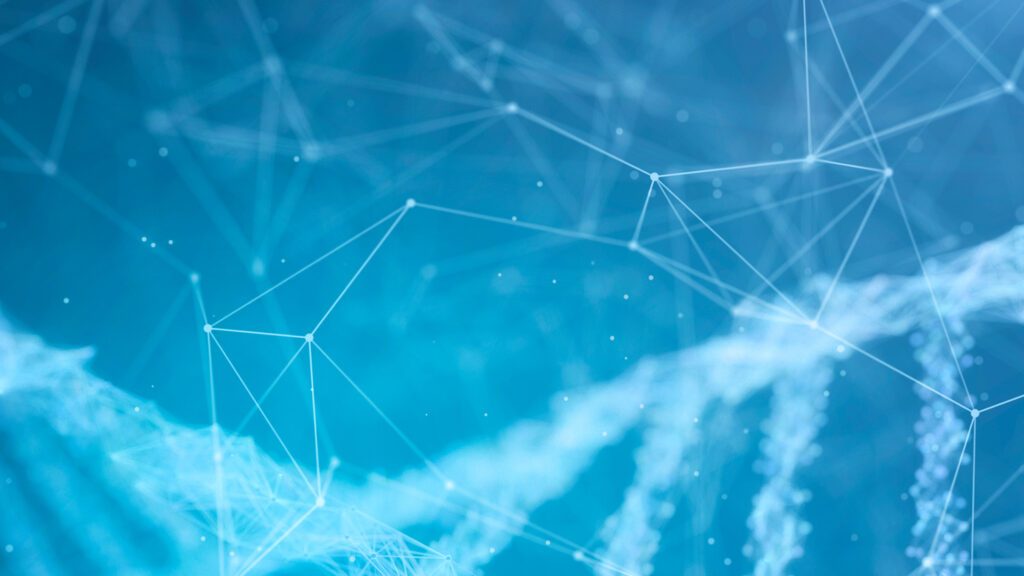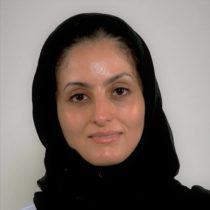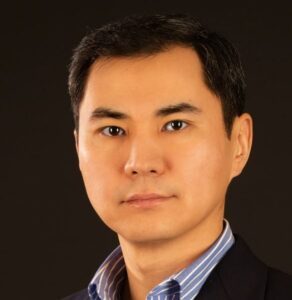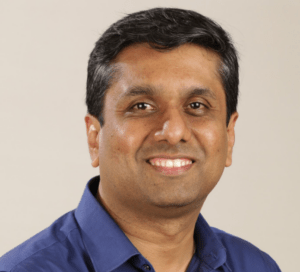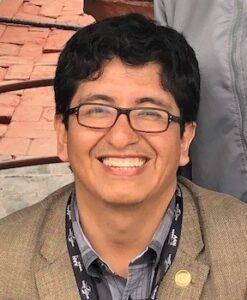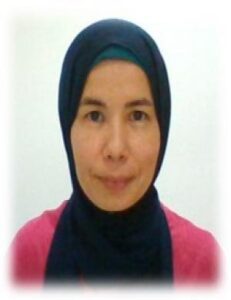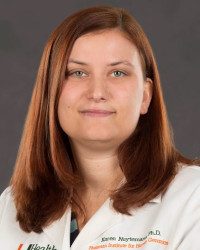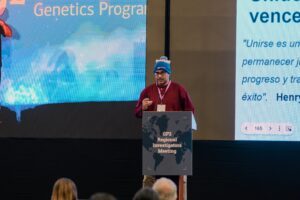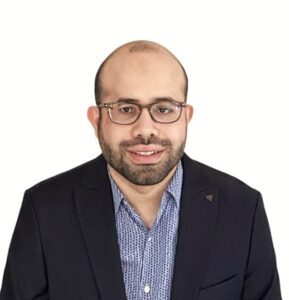
Underrepresented Populations Working Group
About the Underrepresented Populations Working Group
The GP2 Underrepresented Populations Working Group is committed to addressing a critical issue in genetics research: the lack of diversity. Approximately 80% of GWAS are conducted on people with European ancestry, leaving other populations underrepresented. As an example, Asians, who make up 60% of the global population, account for just 10% of GWAS samples, while Latinos and Africans are represented in far smaller numbers. This imbalance limits our understanding of disease mechanisms and perpetuates inequities in developing diagnostics and treatments based on genetic data.
We aim to increase representation in genetic research and identify the genetic factors associated with PD in underrepresented populations. As a forum within GP2, we address barriers to inclusion and propose culturally and ethically sound solutions to promote recruiting individuals with PD and matched healthy controls. Through virtual meetings, we foster collaboration among researchers from underrepresented regions, creating opportunities for mutual learning and growth. We also strive to ensure community engagement at every step, raising awareness about the problem of underrepresentation and developing strategies to empower researchers working in these regions. By fostering South-South collaborations, we aim to amplify the voices and contributions of researchers from these areas.
Collaboration is at the heart of what we do. We help the other working groups achieve their goals, taking into account underrepresented populations and researchers. To build local capacity, we prioritize training junior researchers and equipping them to lead genetic studies in their regions. This effort includes organizing workshops and mentorship opportunities in collaboration with the GP2 Training Working Group. We also focus on enhancing infrastructure by developing biobanks and other physical resources to support research in participating countries. Together with the Monogenic and Data Analysis Working Groups, we aid in identifying multiplex families and develop tools to address the complexities of genetic admixture.
Our ultimate goal is to bridge the diversity gap in genetics research and ensure that all populations can benefit from PD diagnosis and treatment advances. By promoting inclusivity and equity, we can unlock the full potential of global collaboration and create more representative and impactful results.
Milestones
Completed
- Published an article about underrepresented populations in PD genetics research
Active
- Conduct first multi-ancestry genome-wide meta-analysis in PD
- Increasing URP data collection efforts
- Preliminary GWAS analysis in East Asia and Africa
- Supporting training opportunities to researchers from URPs and engaging with trainee network
- Identify barriers to genetic testing in countries with predominantly underrepresented populations
- Encourage URP researchers to submit project analysis proposals to GP2
- Support underrepresented research groups in recruitment and analysis
- Identify and engage with new URP sites that are not currently represented in GP2
Not Started
- Conduct a survey about unprofessional peer review and barriers to publish
